An edited collection on graphic medicine and graphic storytelling related to the COVID-19 global pandemic
Editors:
Alexandra P. Alberda
Anna Feigenbaum
William Proctor
As the COVID-19 pandemic continues to infect millions, kill people around the world, dismantle political, economic and cultural infrastructures, and disrupt our everyday lives, we have seen a surge in amateur and professional creative activity in the comics medium. From blogs to Instagram, superheroes to public health, educational comics to graphic memoirs, etc., artists are engaging with a variety of genres, narratives, platforms and styles to tell stories.
This edited collection seeks to bring together a range of creative work, along with practice-based and critical reflections on what it means to make, share and read comics in the time of COVID-19. Bridging the fields of comics studies, memoir studies, graphic medicine and data storytelling, this collection also aims to explore our definitions of ‘what counts’ as graphic medicine and graphic storytelling.
We invite submissions in the form of comics, graphic chapters, interviews and other alternative formats, along with more traditional academic chapters.
Themes include but are not limited to:
-Histories, Comics and Global Health
-Comics, Superheroes and COVID-19
-Graphic Memoir and Self-Narrative
-Data Comics and COVID-19
-Political cartoons and other types of commentary
-Genre, narrative and style in COVID-19 comics
-Online publishing platforms and environments
-Shifting economies of comic creation and distribution
This collection aims to take a transdisciplinary and transnational perspective, with contributions written for the broadest audience. We particularly encourage submissions from comics artists, PhD and early career scholars, those from underrepresented communities in academia and people from the Global South.
For a gallery of existing COVID-19 comics graphicmedicine.org is a great resource: https://www.graphicmedicine.org/covid-19-comics/ Also, check out the hashtag #covid19comicsforgood
Please submit a 300-word abstract, script or description of your proposed contribution to covid19comics@bournemouth.ac.uk by May 31st, 2020.
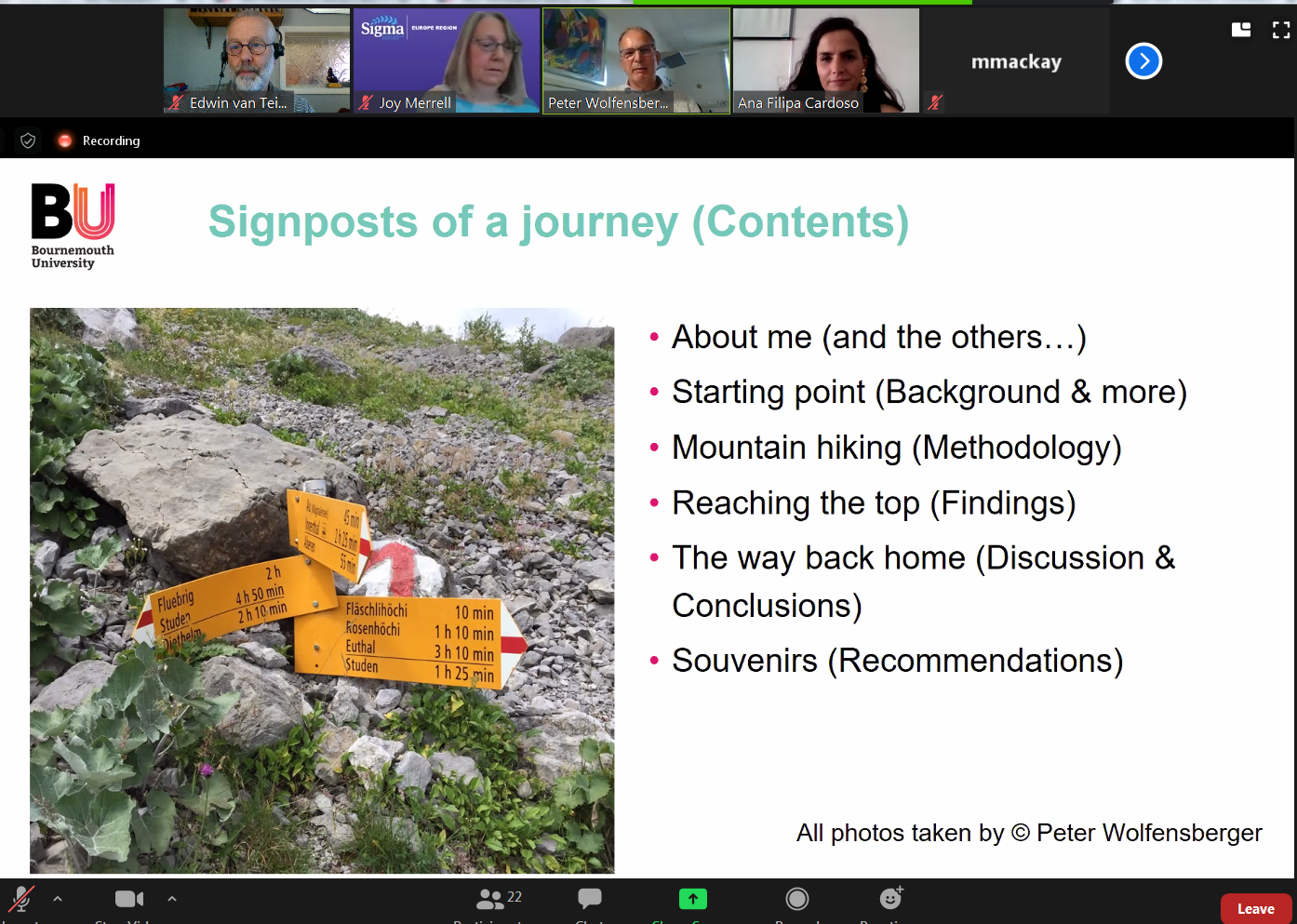 Bournemouth University Ph.D. student Peter Wolfensberger presented today at the 5th Sigma European Conference in Coimbra, Portugal. This is probably the first major global online conference in nursing! The title of Peter’s presentation was Creating Meaning – People Living with Mental Illness in Switzerland. In true COVID-19 style he gave his presentation life online. Consequently, this workshop session was well attended by nurses from across Europe, and it had the added benefit that all his Ph.D. supervisors could attend online too. The World Health Organisations (WHO) has designated the year 2020 as the “Year of the Nurse and Midwife”, in honour of the 200th birth anniversary of Florence Nightingale. This Sigma European Conference focused very much on importance of nurses and nursing in health care provision.
Bournemouth University Ph.D. student Peter Wolfensberger presented today at the 5th Sigma European Conference in Coimbra, Portugal. This is probably the first major global online conference in nursing! The title of Peter’s presentation was Creating Meaning – People Living with Mental Illness in Switzerland. In true COVID-19 style he gave his presentation life online. Consequently, this workshop session was well attended by nurses from across Europe, and it had the added benefit that all his Ph.D. supervisors could attend online too. The World Health Organisations (WHO) has designated the year 2020 as the “Year of the Nurse and Midwife”, in honour of the 200th birth anniversary of Florence Nightingale. This Sigma European Conference focused very much on importance of nurses and nursing in health care provision.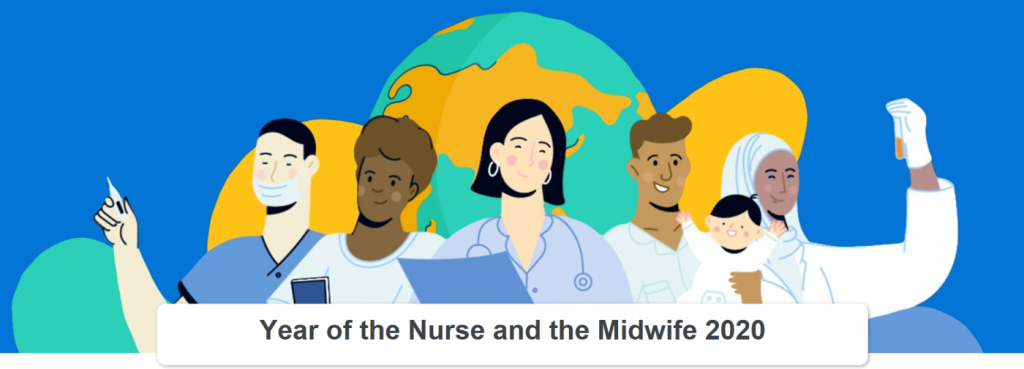
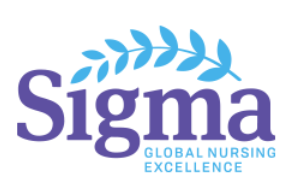

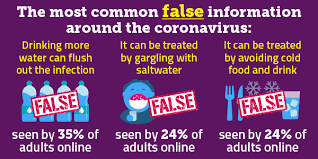

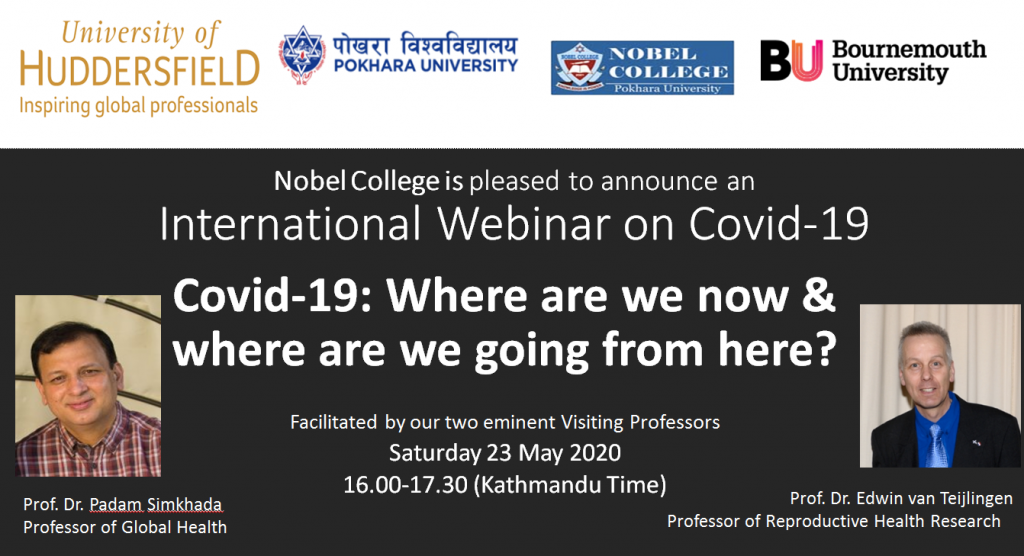
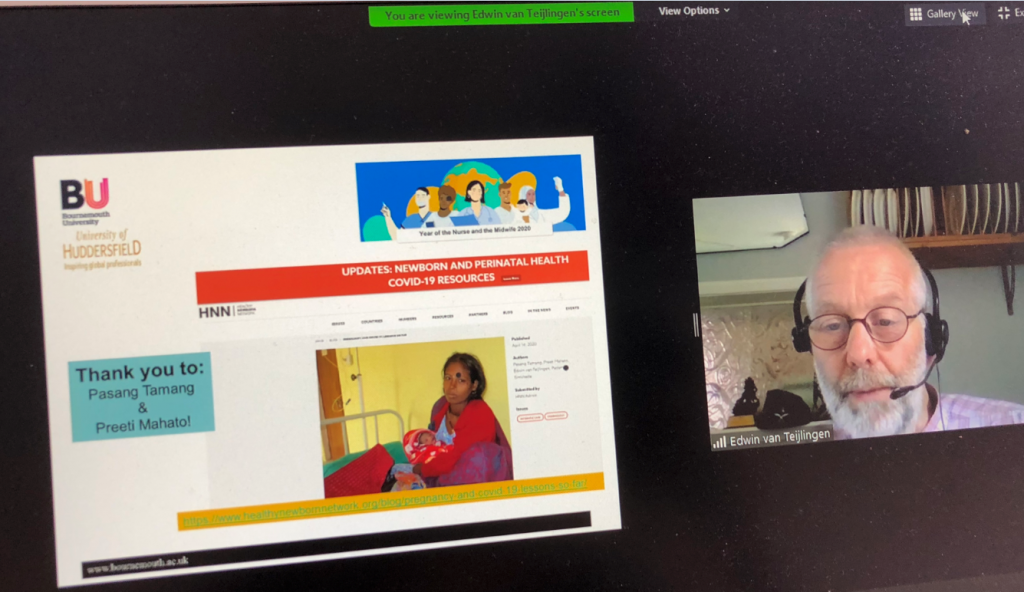
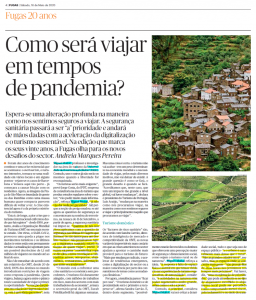
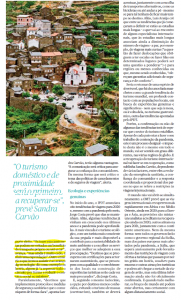



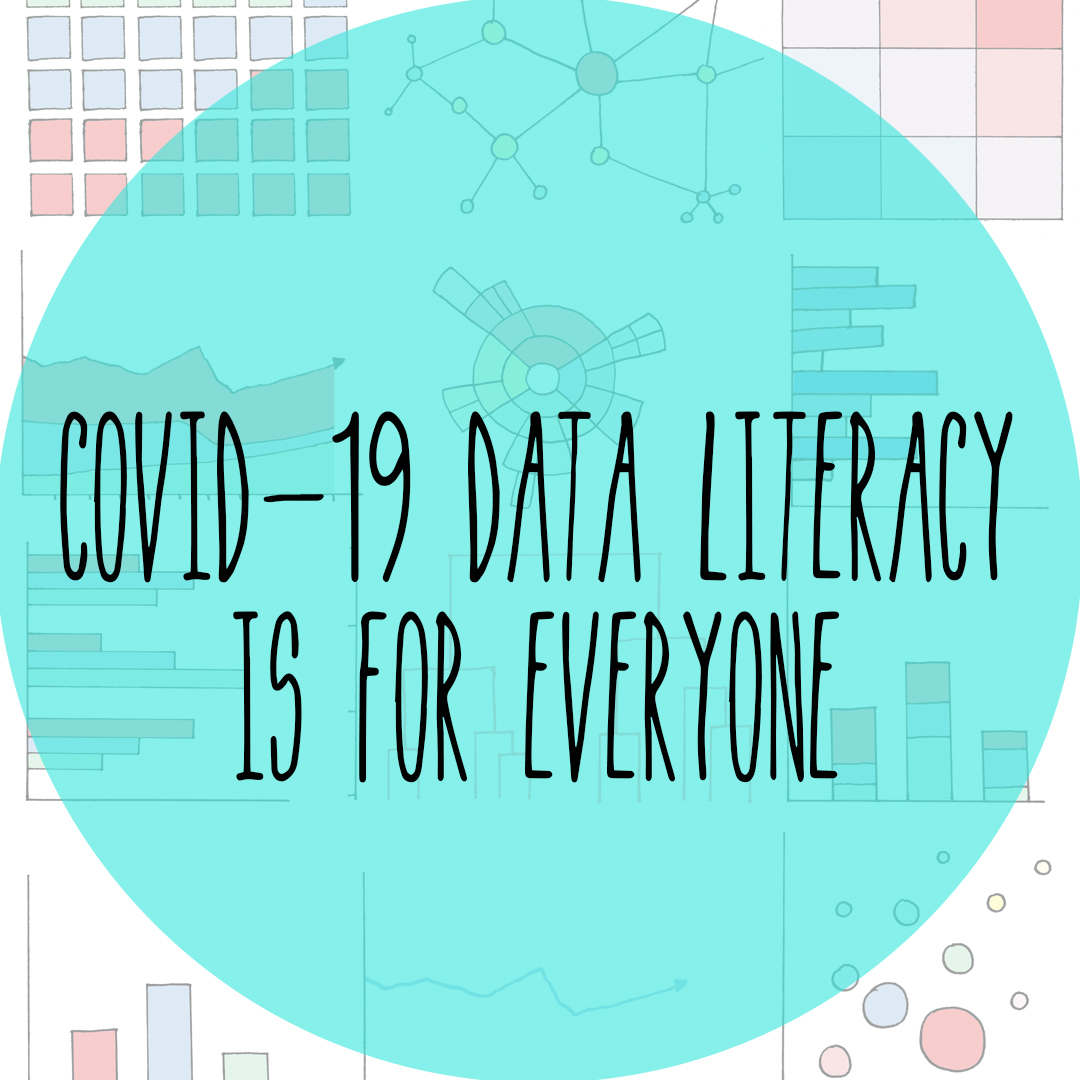
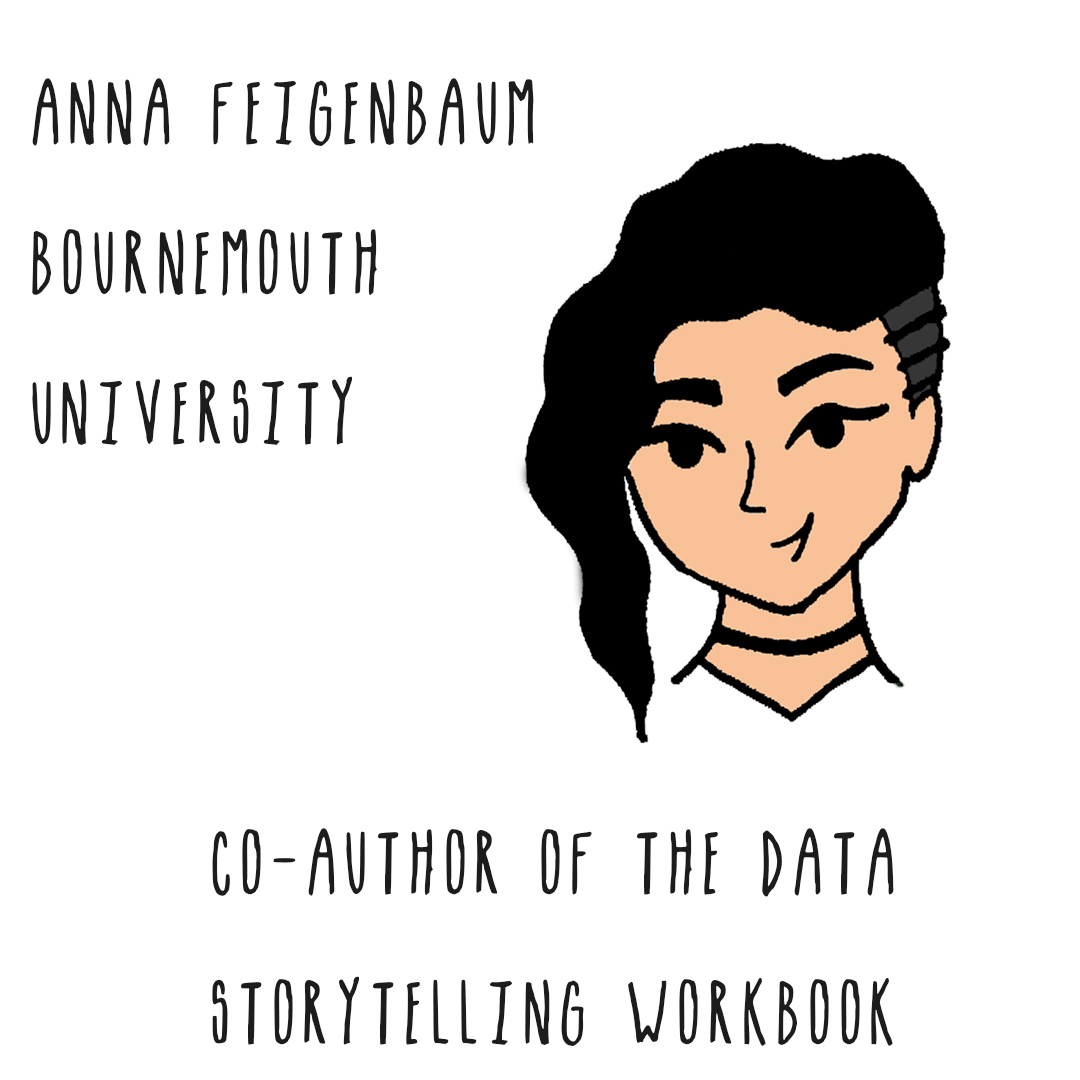
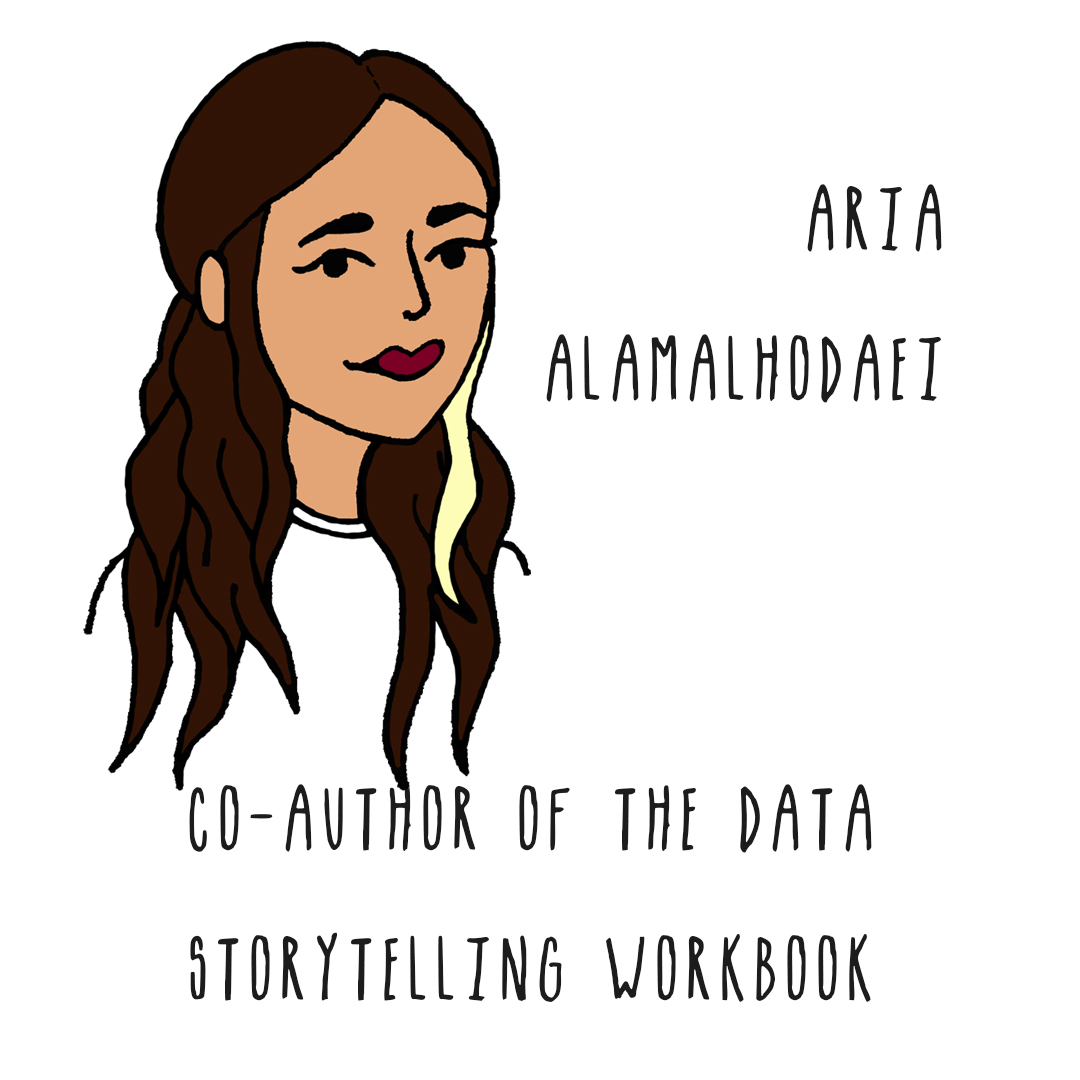

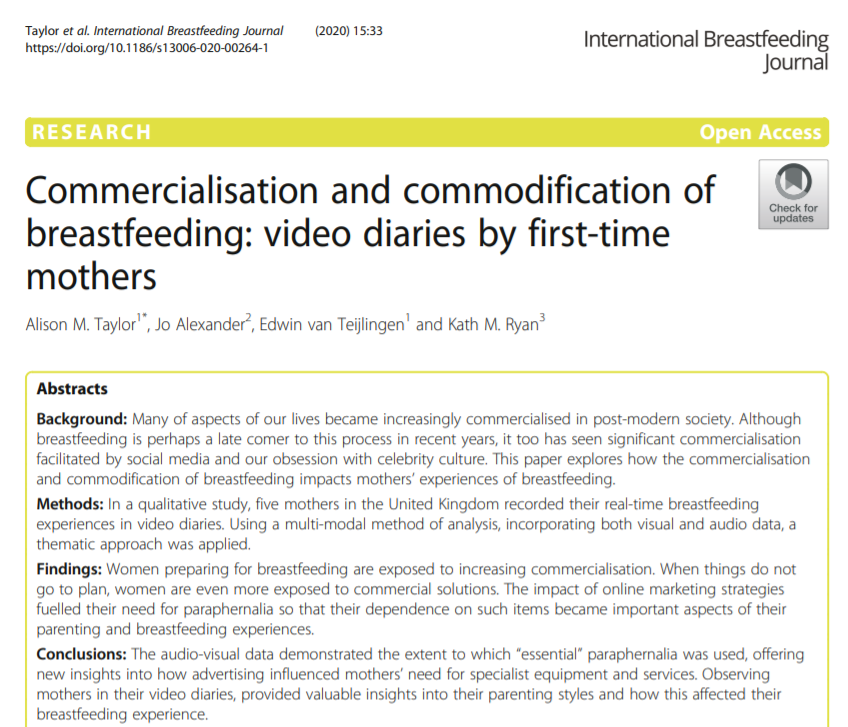
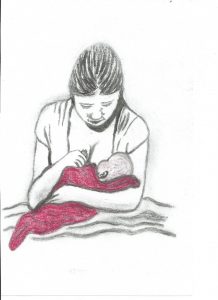
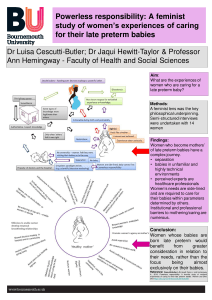

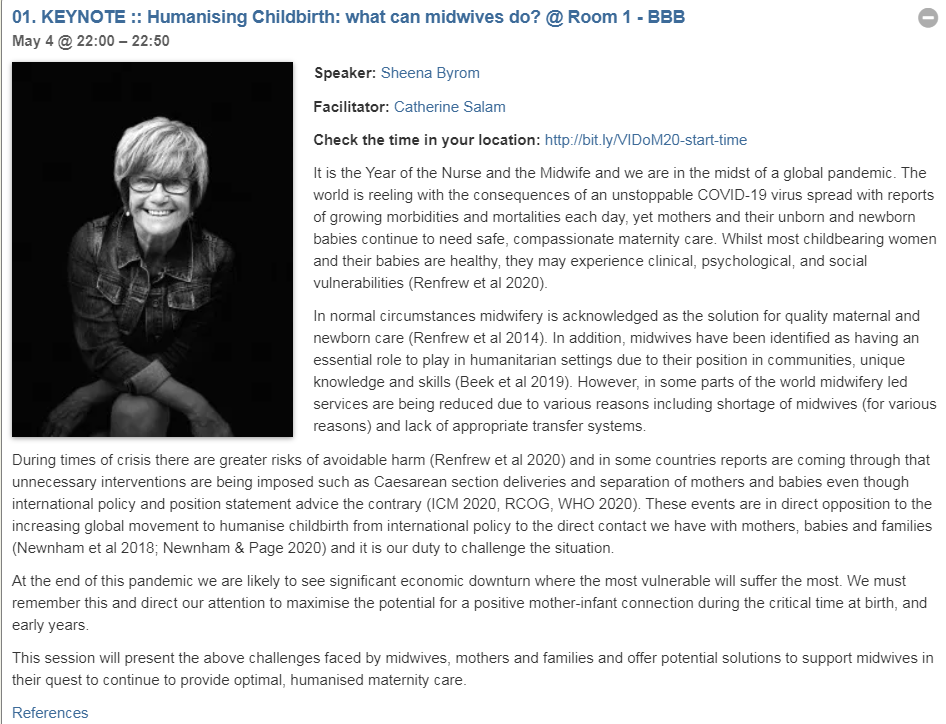
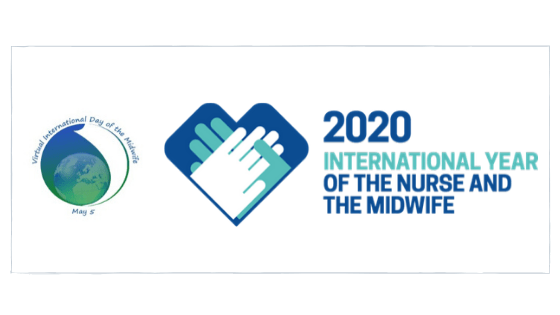

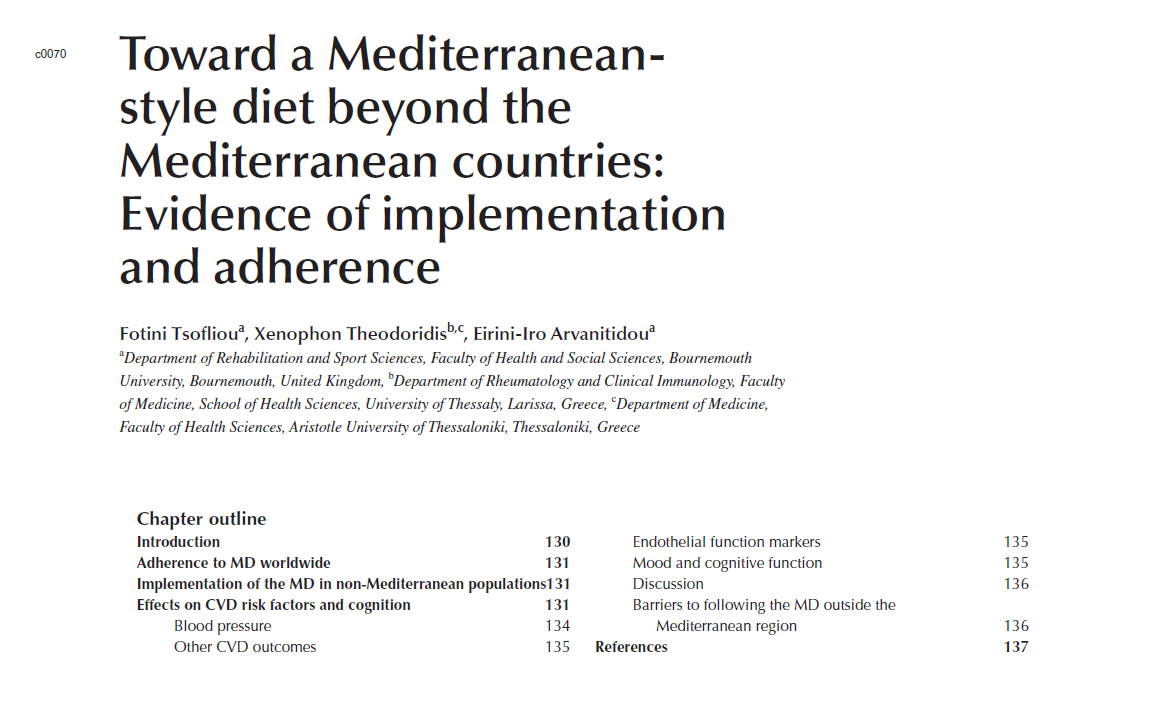


















 Beyond Academia: Exploring Career Options for Early Career Researchers – Online Workshop
Beyond Academia: Exploring Career Options for Early Career Researchers – Online Workshop UKCGE Recognised Research Supervision Programme: Deadline Approaching
UKCGE Recognised Research Supervision Programme: Deadline Approaching SPROUT: From Sustainable Research to Sustainable Research Lives
SPROUT: From Sustainable Research to Sustainable Research Lives BRIAN upgrade and new look
BRIAN upgrade and new look Seeing the fruits of your labour in Bangladesh
Seeing the fruits of your labour in Bangladesh ECR Funding Open Call: Research Culture & Community Grant – Apply now
ECR Funding Open Call: Research Culture & Community Grant – Apply now ECR Funding Open Call: Research Culture & Community Grant – Application Deadline Friday 12 December
ECR Funding Open Call: Research Culture & Community Grant – Application Deadline Friday 12 December MSCA Postdoctoral Fellowships 2025 Call
MSCA Postdoctoral Fellowships 2025 Call ERC Advanced Grant 2025 Webinar
ERC Advanced Grant 2025 Webinar Update on UKRO services
Update on UKRO services European research project exploring use of ‘virtual twins’ to better manage metabolic associated fatty liver disease
European research project exploring use of ‘virtual twins’ to better manage metabolic associated fatty liver disease